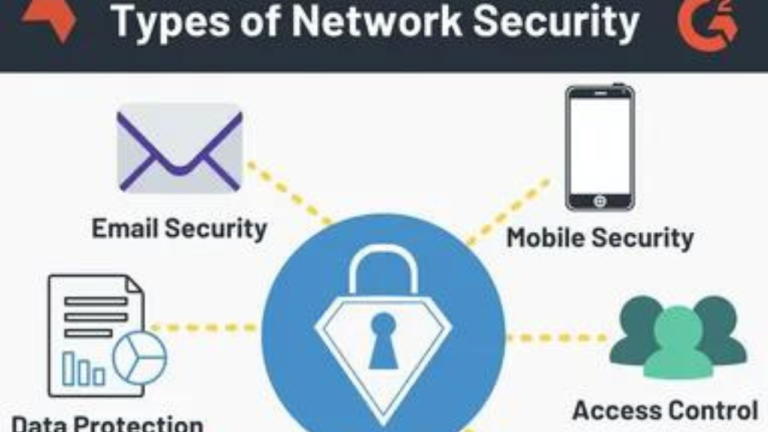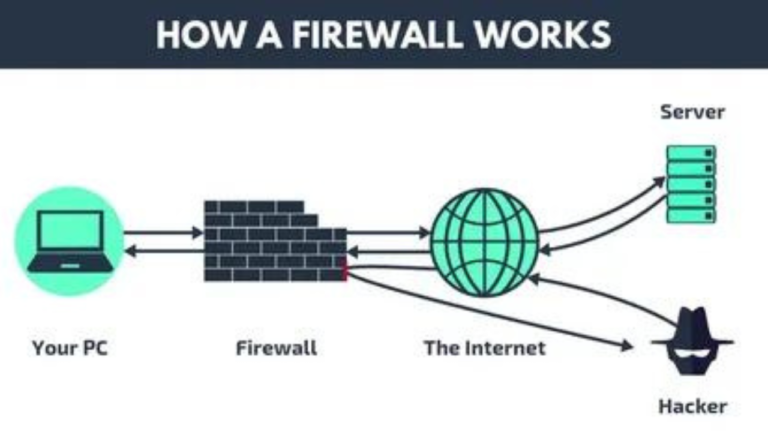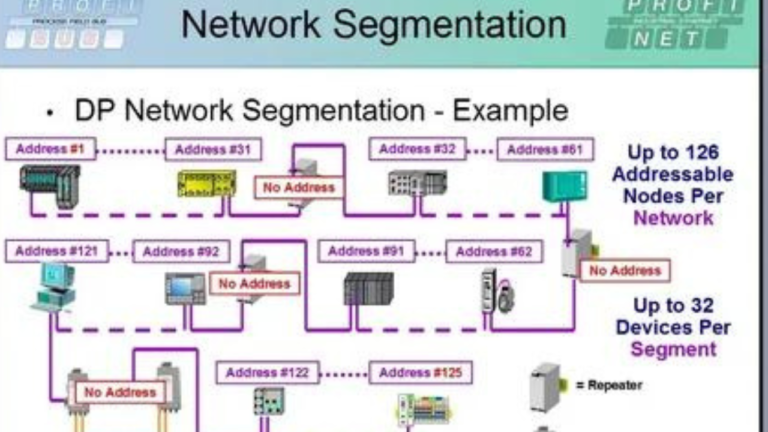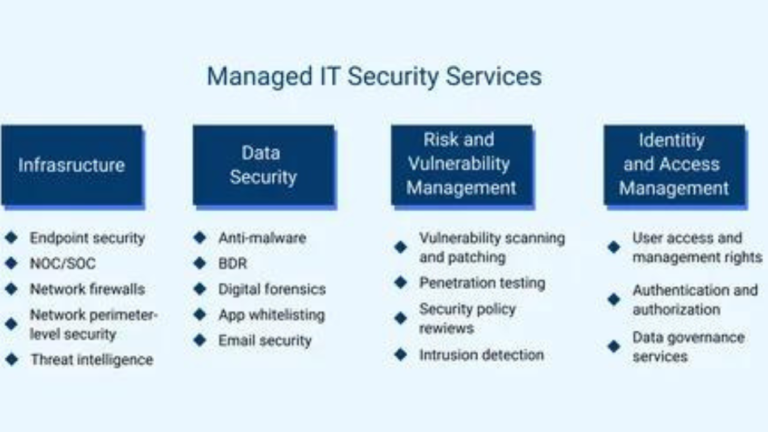Hardware Firewall Brands: Guardians of the Gateway:
Whether you’re a seasoned pro or just dipping your toes into the world of network security, having a reliable Hardware Firewall Brands is like having a trusty bouncer at the front door of your virtual nightclub, ensuring only the right people (and data packets) get in.
So, let’s cut to the chase and explore the top Hardware Firewall Brands that have earned their stripes in this ever-evolving cybersecurity battlefield.
Hardware Firewall Brands
In the realm of network security, Hardware Firewall Brands are the heavy hitters – the burly bouncers that scrutinize every byte of data that tries to sneak past their watchful gaze. These physical devices are purpose-built to enforce your security policies, ensuring that only authorized traffic gains entry to your network.
Now, when it comes to choosing the right Hardware Firewall Brands, it’s like picking the perfect pair of shoes – you want something that fits your needs, looks good, and can withstand the wear and tear of daily use. And let me tell you, there are some real powerhouses out there vying for your attention.
Fortinet: If you’re looking for a brand that’s been around the block a few times, Fortinet is a name that commands respect. These guys have been crafting top-notch firewalls for decades, and their offerings are like the Swiss Army knives of network security – packed with features and ready to tackle any challenge you throw their way.
Palo Alto Networks: Ah, Palo Alto Networks – the cool kids on the block. Their next-generation firewalls are like having a team of cybersecurity ninjas on your side, expertly wielding the power of advanced threat prevention and application-level inspection.
Check Point Software Technologies: When it comes to protecting your digital turf, Check Point Software Technologies is a brand that means business. Their firewalls are like a suit of armor, shielding your network from the latest threats with cutting-edge technologies like intrusion prevention and URL filtering.
Cisco Systems: You can’t mention hardware firewall brands without tipping your hat to the mighty Cisco Systems. Their Adaptive Security Appliance (ASA) firewalls are like the muscle cars of the security world – powerful, reliable, and built to handle even the most demanding workloads.
“A good firewall is like a trusty sidekick – it’s got your back, even when the going gets tough.”
Now, let’s dive a little deeper into some key considerations when choosing the right hardware firewall for your needs.
Hardware Firewall Brands
What are the key features to look for in a hardware firewall?
When it comes to hardware firewalls, it’s not just about their brawn – you want a device that’s packed with brains too. Here are some key features to keep an eye out for:
- Throughput and Performance: Don’t skimp on processing power! A high-performance firewall can handle massive amounts of traffic without breaking a sweat, ensuring your network stays lightning-fast and responsive.
- Advanced Threat Protection: In today’s ever-evolving threat landscape, you need a firewall that can sniff out the latest malware, viruses, and other nasty surprises before they can wreak havoc on your systems.
- Application Visibility and Control: Knowledge is power, and a good firewall should give you granular visibility into the applications running on your network, allowing you to set policies and controls to keep things nice and tidy.
- Scalability and Flexibility: As your business grows, your firewall needs to be able to grow with you. Look for solutions that can easily scale up or down, and offer flexible deployment options like cloud integration or virtualization support.
- Centralized Management: Don’t let your firewall become a headache to manage. Seek out solutions that offer intuitive, centralized management interfaces, making it easy to monitor, configure, and update your firewalls from a single pane of glass.
How do Hardware Firewall Brands differ from software-based solutions?
When it comes to the age-old hardware vs. software debate in the world of Hardware Firewall Brands, it’s like choosing between a trusty guard dog and a high-tech security system – both have their pros and cons.
Hardware Firewall Brands, as the name implies, are physical devices designed solely for the purpose of securing your network. These bad boys are built to handle heavy traffic loads and offer top-notch performance, ensuring your data flows smoothly without any hiccups.
On the flip side, software-based firewalls are virtual solutions that run on general-purpose hardware or servers. While they might not pack the same raw power as their hardware counterparts, they offer flexibility and cost-effectiveness, making them a popular choice for smaller businesses or those with limited budgets.
Here’s a quick breakdown of the key differences:
Hardware Firewall Brands:
- Dedicated appliances for network security
- High throughput and performance
- Often more expensive upfront
- Require physical space and power
- Can be complex to set up and manage
Software Firewalls:
- Run on general-purpose hardware or virtual machines
- Lower upfront costs
- Easy to deploy and scale
- Potentially lower performance than hardware solutions
- May have compatibility issues or conflicts with other software
At the end of the day, the choice between hardware and software firewalls boils down to your specific needs, budget, and the level of performance and security you require.
What are the challenges of implementing Hardware Firewall Brands?
As awesome as hardware firewalls are, they’re not without their fair share of challenges. Here are a few hurdles you might encounter when implementing these bad boys:
- Cost: Let’s be real, hardware firewalls ain’t cheap. These powerful appliances can put a dent in your budget, especially if you need multiple units or have to frequently upgrade to keep up with the latest threats.
- Complexity: Installing and configuring a hardware firewall can be a bit of a headache, especially if you’re new to the game. You’ll need to get cozy with the device’s interface, rule sets, and potentially navigate through a maze of menus and settings.
- Physical Space and Power Requirements: Unlike their software counterparts, Hardware Firewall Brands are physical devices that need a place to call home. You’ll need to make sure you have enough rack space and power outlets to accommodate these bulky beauties.
- Scalability Challenges: While many Hardware Firewall Brands offer scalability options, it’s not always a seamless process. Adding more throughput or features might require purchasing additional hardware or upgrading to a higher-end model, which can be costly and time-consuming.
- Vendor Lock-in: Once you’ve invested in a particular hardware firewall brand, it can be tough to switch to a different vendor without starting from scratch. This can make you feel a bit trapped, especially if your chosen vendor falls behind in terms of features or innovation.
Despite these challenges, Hardware Firewall Brands remain a popular choice for organizations that prioritize performance, reliability, and robust security features. As with any technology investment, it’s all about weighing the pros and cons and choosing the solution that best fits your unique needs and budget.
Frequently Asked Questions (FAQs)
Can hardware firewalls be used in cloud environments?
Yes, many hardware firewall vendors offer solutions that can be deployed in cloud environments, either as physical appliances or virtual instances.
How often should hardware firewalls be updated or replaced?
The lifespan of a hardware firewall can vary, but most vendors recommend updating or replacing them every 3-5 years to ensure optimal performance and security against the latest threats.
Are hardware firewalls suitable for small businesses?
While hardware firewalls are often associated with larger enterprises, there are cost-effective options available for small businesses. Many vendors offer entry-level or budget-friendly models tailored to the needs of smaller organizations.
Can hardware firewalls be managed remotely?
Absolutely! Most modern hardware firewalls come equipped with remote management capabilities, allowing administrators to monitor, configure, and update the devices from a centralized location.
What is the difference between a firewall and a UTM (Unified Threat Management) appliance?
A firewall is a dedicated device focused primarily on network security and traffic filtering. A UTM appliance, on the other hand, combines multiple security functions, such as firewall, intrusion detection/prevention, antivirus, and content filtering, into a single integrated solution.
Conclusion
Well, there you have it, folks – a whirlwind tour through the world of Hardware Firewall Brands and the key considerations that come with them. Whether you’re a seasoned security pro or just starting to dip your toes into the world of network protection, having a reliable Hardware Firewall Brands is like having a trusty sidekick by your







Thank you for your sharing. I am worried that I lack creative ideas. It is your article that makes me full of hope. Thank you. But, I have a question, can you help me?
Your article helped me a lot, is there any more related content? Thanks!